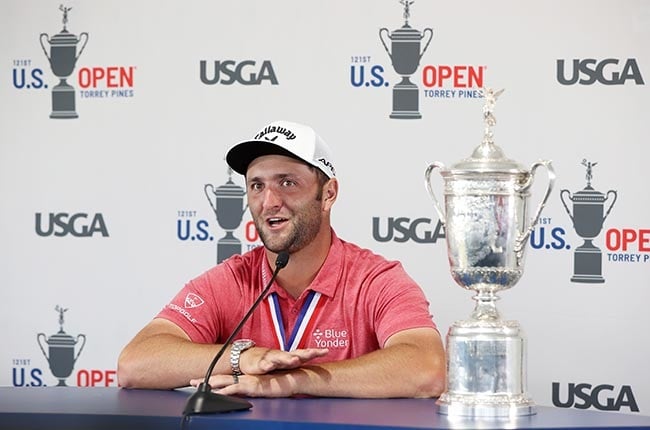
Iconic major championship venues Oakmont Country Club and Merion Golf Club were awarded a combined five future US Opens and four US Women's Opens by the US Golf Association on Wednesday.
The announcement was made at the US Amateur at Oakmont, which was named the second US Open anchor site after Pinehurst, the North Carolina layout named the first anchor venue last year.
Oakmont, a suburban Pittsburgh venue, previously was named host course for the 2025 US Open. It will also play host to the 2034, 2042 and 2049 US Opens and the 2028 and 2038 US Women's Opens as well as other USGA events.
Merion, on the other end of the state of Pennsylvania in suburban Philadelphia, will play host to the 2030 and 2050 US Opens plus the 2034 and 2046 US Women's Opens. The course is known for using red baskets atop hole posts instead of flags.
As part of our commitment to stage golf’s greatest championships at the most iconic venues, we have awarded 5 #USOpen and 4 #USWomensOpen Championships to two of the country’s most storied courses, Oakmont Country Club and Merion Golf Club!
— USGA (@USGA) August 11, 2021
Learn more: https://t.co/w0vg3b6jou pic.twitter.com/bIscec0d95
"Oakmont and Merion are iconic in every sense of the word. They are in rare company in golf and continue to test the best in the game," said USGA senior managing championships director John Bodenhamer.
Oakmont has hosted nine US Opens, three PGA Championships and two US Women's Opens, with the most recent major winner there being American Dustin Johnson at the 2016 US Open.
Other major winners at Oakmont include Argentina's Angel Cabrera at the 2007 US Open, South African Ernie Els at the 1994 US Open, Jack Nicklaus at the 1962 US Open, Ben Hogan at the 1953 US Open, Sam Snead at the 1951 PGA Championship and Gene Sarazen at the 1922 PGA Championship.
Merion has hosted five US Opens, most recently in 2013 when England's Justin Rose won his first major crown. Other major champions decided there include Americans Olin Dutra in 1934, Ben Hogan in 1950 and Lee Trevino in 1971 and Australian David Graham in 1981.
